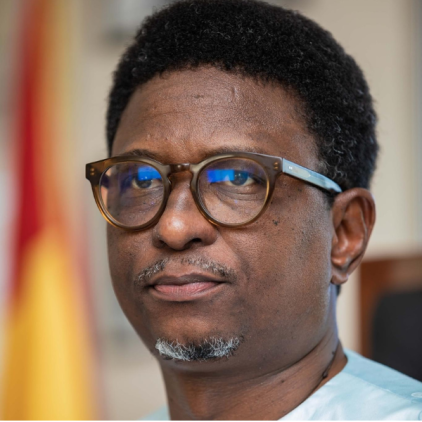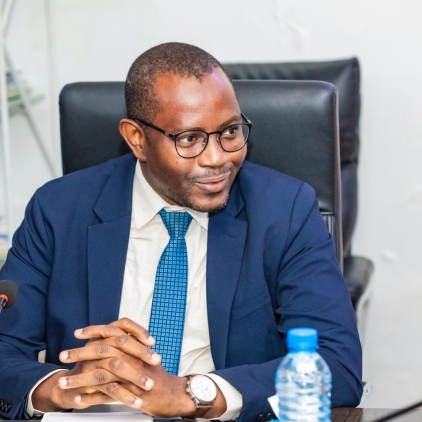UNIDO supports member states in their efforts to create and retain value in global and regional value chains. To achieve this, UNIDO partners with the private sector to strengthen member states’ business environments through national skills development systems that meet the industrial labor market needs. Critical raw materials (CRM) are key for the green and digital transition; mining is expected to increase exponentially in the coming decades. The need to diversify and improve the resilience of CRM value chains creates new opportunities for industrialization in resource-rich countries, particularly in mineral refining and processing activities. However, to fulfil this potential, countries require education systems able to anticipate and meet the mining industry’s skilled labour needs.
Overview
Approach
UNIDO’s multifaceted strategy for industrialization emphasizes the development of industry-led skills, the facilitation of public-private partnerships, and the implementation of holistic approaches to maximize impact and sustainability.
A skilled labor force is essential for de-risking foreign direct investments (FDIs), improving the business environment and driving industrialization in resource-rich LDCs. UNIDO’s solution translates a country’s industrialization policy into a robust skills development strategy for value addition and supports its implementation, with a focus on supporting the transition from low-skilled, low value addition activities to highly-skilled, high-value activities.
Acting as a trusted intermediary between the private sector, government, and development partners, UNIDO facilitates collective action to address industrial skill mismatches in the mining sector (extraction, refining, processing) and in related critical infrastructure (energy, transport). UNIDO’s solution focuses on improving local youth’s access to skilled, decent jobs and supporting SMEs that meet international standards (quality, health and safety and sustainability).
Mineral refining and processing cover a broad range of trades, and require skilled workers in hundreds of specialized technical roles. Projects seek to modernize the whole range of skills required by a mineral refining and/or processing facility. UNIDO’s solution applies the Market Systems Development approach, designed to maximize impact and sustainability (e.g. facilitate innovative finance in TVET and engage the broader industrial sector). The Learning and Knowledge Development Facility nurtures UNIDO’s PPDPs and ensures cross-fertilization of experience.
Impact
Employment generation: In the Guinean example, create the necessary labor market conditions in terms of skills so that other aluminum companies can also construct refineries in the country rather than export raw minerals.
GHG reductions: depending on the energy mix, significant savings through local value addition in Guinea possible.
Key Indicators
SDGs:
UNIDO Priorities:
Thematic Area(s):

Technology Used
n/a

Catalytic Outlook
De-risk (CAPEX-intensive) investments in LDCs, support member states in their efforts to attract FDIs, prepare an efficient operationalization of investments, Increase local content in value chains / adding local value, avoid/combat/reverse fragmentation of national technical education ecosystem, strengthen a sustainable offer of technical skills for industry

Unique Solution Characteristics
UNIDO’s Public-Private Development Partnership (PPDP) model is recognized as an efficient aid modality to increase private sector engagement (and investment) in Technical and Vocational Education and Training governance and delivery, address countries’ industrial skills mismatch and bring results to scale.
- ALTEO Alumina
Political Economy Analysis (PEA) as a structured approach to examining (political and economic) power dynamics and economic and social forces that influence industrialization (ongoing in the Guinea example).
Equipping training centres so that they can offer demand-driven training at level required by private sector.
Developing new curricula with technical input from private sector partners and approved by the Government.
Preparing plans for financial sustainability of the training centres to ensure a long-term perspective






